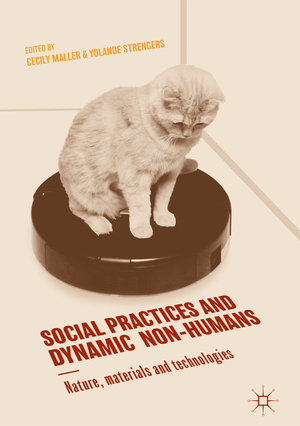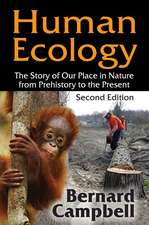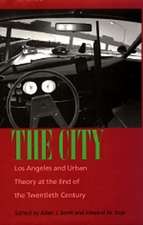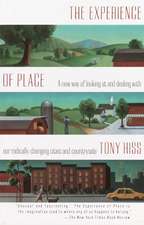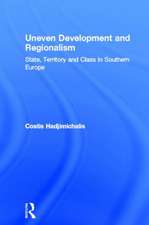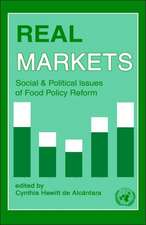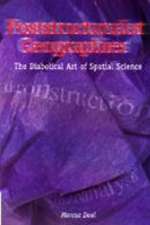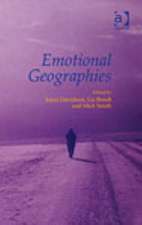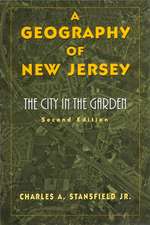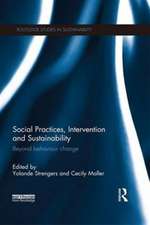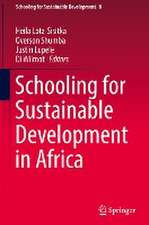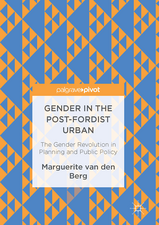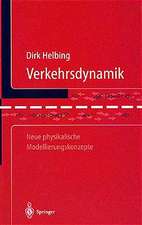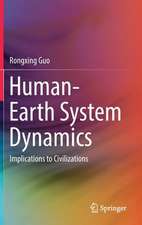Social Practices and Dynamic Non-Humans: Nature, Materials and Technologies
Editat de Cecily Maller, Yolande Strengersen Limba Engleză Hardback – 7 aug 2018
| Toate formatele și edițiile | Preț | Express |
|---|---|---|
| Paperback (1) | 581.14 lei 6-8 săpt. | |
| Springer International Publishing – 15 ian 2019 | 581.14 lei 6-8 săpt. | |
| Hardback (1) | 729.23 lei 6-8 săpt. | |
| Springer International Publishing – 7 aug 2018 | 729.23 lei 6-8 săpt. |
Preț: 729.23 lei
Preț vechi: 889.30 lei
-18% Nou
Puncte Express: 1094
Preț estimativ în valută:
139.56€ • 145.16$ • 115.21£
139.56€ • 145.16$ • 115.21£
Carte tipărită la comandă
Livrare economică 14-28 aprilie
Preluare comenzi: 021 569.72.76
Specificații
ISBN-13: 9783319921884
ISBN-10: 3319921886
Pagini: 264
Ilustrații: XVII, 264 p. 8 illus.
Dimensiuni: 148 x 210 mm
Greutate: 0.49 kg
Ediția:1st ed. 2019
Editura: Springer International Publishing
Colecția Palgrave Macmillan
Locul publicării:Cham, Switzerland
ISBN-10: 3319921886
Pagini: 264
Ilustrații: XVII, 264 p. 8 illus.
Dimensiuni: 148 x 210 mm
Greutate: 0.49 kg
Ediția:1st ed. 2019
Editura: Springer International Publishing
Colecția Palgrave Macmillan
Locul publicării:Cham, Switzerland
Cuprins
Chapter 1 Dynamic non-humans in a changing world.- PART I: Nature, materiality and processes.- Chapter 2 Thriving in the Anthropocene: understanding human-weed relations and invasive plant management using theories of practice.- Chapter 3 Seeing wood for the trees: placing biological processes within practices of heating and harvesting.- Chapter 4 ‘Dynamic’ non-human animals in theories of practice: views from the subaltern.- Chapter 5 Dynamic bodies in theories of social practice: vibrant materials and more-than-human assemblages.- Chapter 6 Mobile drinking – bottled water practices and ontological politics.- Chapter 7 Immersed in thermal flows: heat as productive of and produced by social practices.- PART II: Technologies, automation and performativity.- Chapter 8 Displacement: attending to the role of things in theories of practice through design research.- Chapter 9 How software matters: connective tissue and self-driving cars.- Chapter 10 Automated artefacts as co-performers of social practices: washing machines, laundering and design.- Chapter 11 Robots and Roomba riders: non-human performers in theories of social practice.- Chapter 12 Automation, smart homes and symmetrical anthropology: non-humans as performers of practices?.
Notă biografică
Dr Cecily Maller is a Vice Chancellor's Senior Research Fellow and co-leader of the Beyond Behaviour Change Research Program, Centre for Urban Research, RMIT University, Australia.
Associate Professor Yolande Strengers is a Principal Research Fellow and co-leader of the Beyond Behaviour Change Research Program, Centre for Urban Research, RMIT University, Australia.
Textul de pe ultima copertă
The robots are coming! So too is the ‘age of automation’, the march of ‘invasive’ species, more intense natural disasters, and a potential cataclysm of other unprecedented events and phenomena of which we do not yet know, and cannot predict. This book is concerned with how to account for these non-humans and their effects within theories of social practice. In particular, this provocative collection tackles contemporary debates about the roles, relations and agencies of constantly changing, disruptive, intelligent or otherwise 'dynamic' non-humans, such as weather, animals and automated devices. In doing so contributors challenge and take forward existing understandings of dynamic non-humans in theories of social practice by reconsidering their potential roles in everyday life. The book will benefit sociology, geography, science and technology studies, and human- (and animal-) computer interaction design scholars seeking to make sense of the complex entanglement of non-human phenomenaand things in the performance of social practices.
Caracteristici
Draws together an engaging range of authors and topics to explore a field of theory which is gaining a degree of dominance in various fields of social theory and research Draws on relevant debates in relational and post-humanist thinking Includes a wide range of empirically rich and varied chapters
